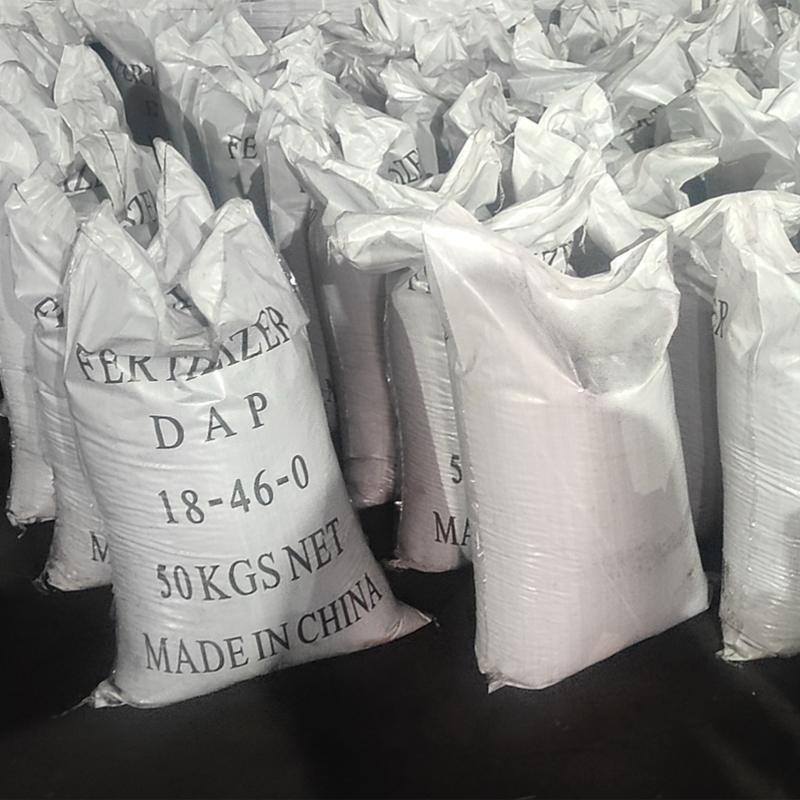
Aug . 09, 2024 03:40 Back to list
Effective Organic Slow-Release Fertilizers for Sustainable Gardening and Enhanced Plant Growth Solutions
The Benefits of Organic Slow Release Fertilizers
In recent years, the demand for organic farming has surged as consumers become more environmentally conscious and health-oriented. One significant aspect of sustainable agriculture is the use of fertilizers, where organic slow release fertilizers (OSRF) stand out as a cornerstone. These fertilizers not only provide essential nutrients to plants but also enhance soil health and promote a sustainable ecosystem.
What is Organic Slow Release Fertilizer?
Organic slow release fertilizers are natural fertilizers that gradually release nutrients into the soil over an extended period. Unlike synthetic fertilizers, which release nutrients rapidly and can lead to nutrient leaching and environmental pollution, organic slow release fertilizers offer a steady supply of nutrients. They are typically derived from plant or animal materials, such as composted manure, bone meal, or organic matter rich in nutrients. This gradual release process aligns closely with the plant’s absorption needs, reducing the risk of over-fertilization and promoting healthier plant growth.
Advantages of Organic Slow Release Fertilizers
1. Nutrient Availability One of the primary benefits of OSRFs is their ability to provide balanced nutrients over time. Plants require different nutrients at different stages of their growth cycle. OSRFs release essential macronutrients—nitrogen, phosphorus, and potassium—as well as micronutrients steadily, meeting the specific requirements of plants throughout their growth phases.
2. Soil Health Organic fertilizers contribute to improved soil structure and fertility. They stimulate microbial activity in the soil, promoting the breakdown of organic matter and enhancing nutrient availability. A healthy soil ecosystem is crucial for sustaining plant health and increasing crop yields.
organic slow release fertilizer

3. Reduced Leaching One of the critical environmental issues related to traditional fertilizers is nutrient leaching, which leads to water pollution. OSRFs mitigate this problem by ensuring that nutrients are released slowly and are more readily absorbed by the plants. This reduces the likelihood of runoff into nearby waterways, thus protecting local ecosystems.
4. Sustainable Practices Utilizing organic slow release fertilizers aligns with the principles of sustainable agriculture. They encourage the recycling of natural waste products, such as food scraps and animal manure, reducing the reliance on chemical inputs. Farmers who adopt these fertilizers are contributing to a circular economy that prioritizes environmental health.
5. Improved Plant Resilience Plants nourished with slow release organic fertilizers often show greater resilience to stress factors such as drought, pests, and diseases. The steady nutrient supply helps plants establish stronger root systems, leading to improved overall health and vitality.
Choosing the Right Organic Slow Release Fertilizer
When selecting an organic slow release fertilizer, it is crucial to consider the specific nutritional needs of your plants and the characteristics of your soil. Different OSRF products have varying nutrient compositions and release rates. It's advisable to conduct a soil test to understand your soil's nutrient status before making a decision.
In conclusion, organic slow release fertilizers play an integral role in fostering sustainable agriculture and enhancing soil health. By providing a steady supply of nutrients, these fertilizers not only support plant growth but also protect the environment. As the movement towards organic farming continues to grow, the adoption of organic slow release fertilizers is likely to become an essential practice for farmers seeking to cultivate healthy crops while maintaining ecological balance. Embracing these fertilizers is not just a choice for better yields; it’s a commitment to a greener, more sustainable future.
-
Premium Organic Manure Compost for Eco Gardens
NewsAug.01,2025
-
Organic 10-10-10 Fertilizer | Balanced Plant Nutrients
NewsJul.31,2025
-
Premium Amino Acid Fertilizer | Rapid Plant Growth Booster
NewsJul.31,2025
-
10 10 10 Fertilizer Organic—Balanced NPK for All Plants
NewsJul.30,2025
-
Premium 10 10 10 Fertilizer Organic for Balanced Plant Growth
NewsJul.29,2025
-
Premium 10 10 10 Fertilizer Organic for Balanced Plant Growth
NewsJul.29,2025
